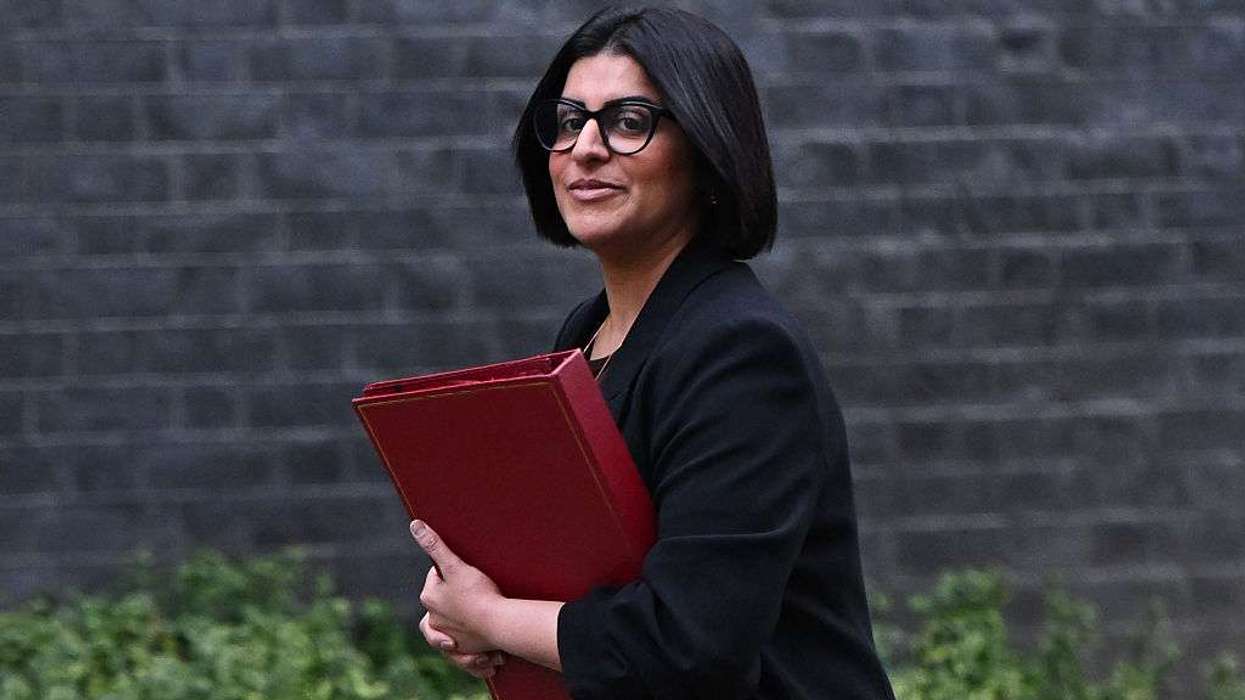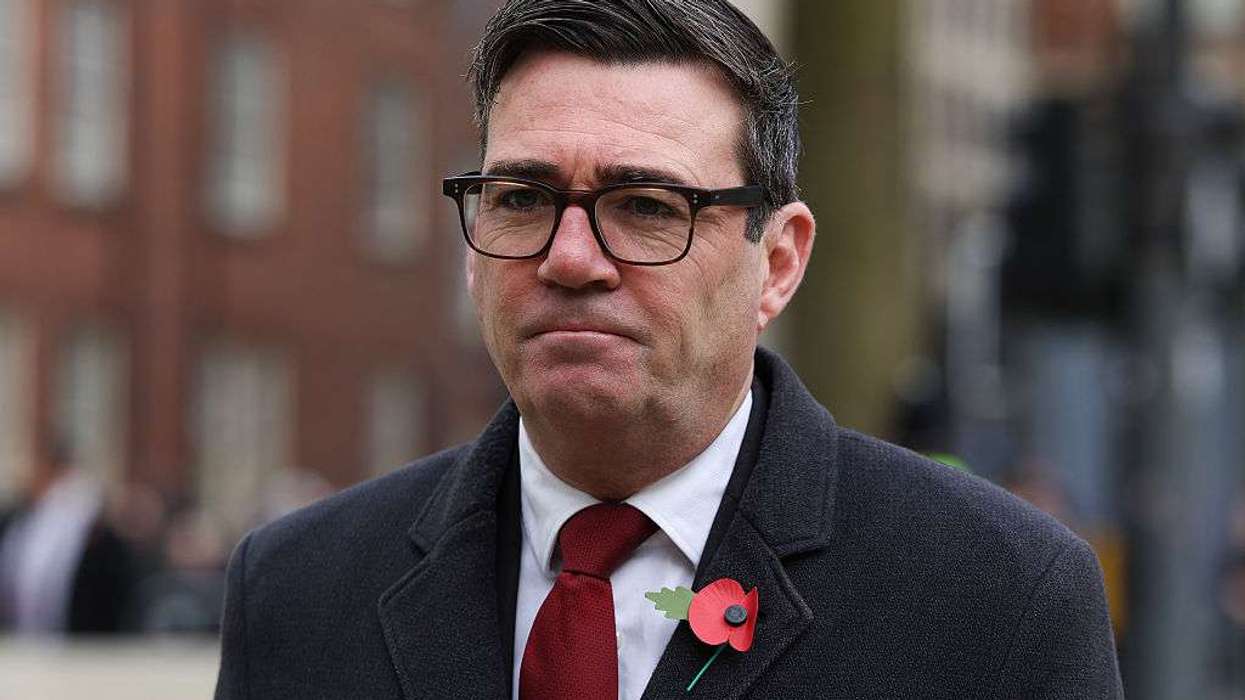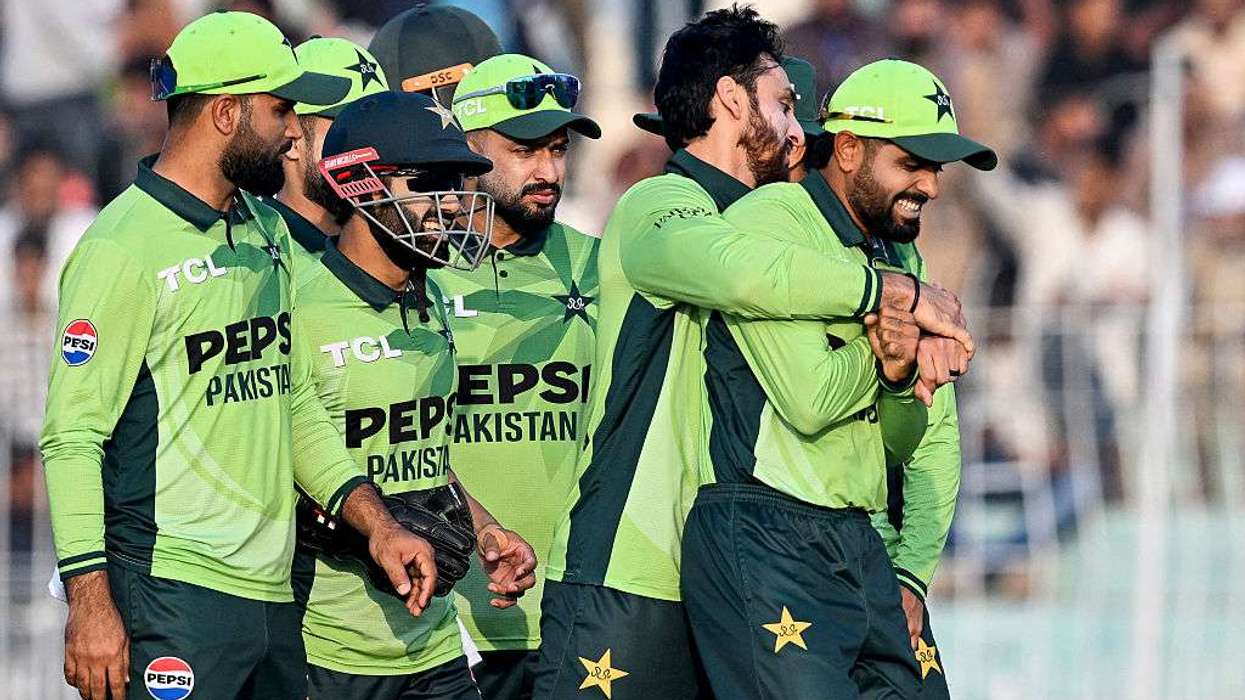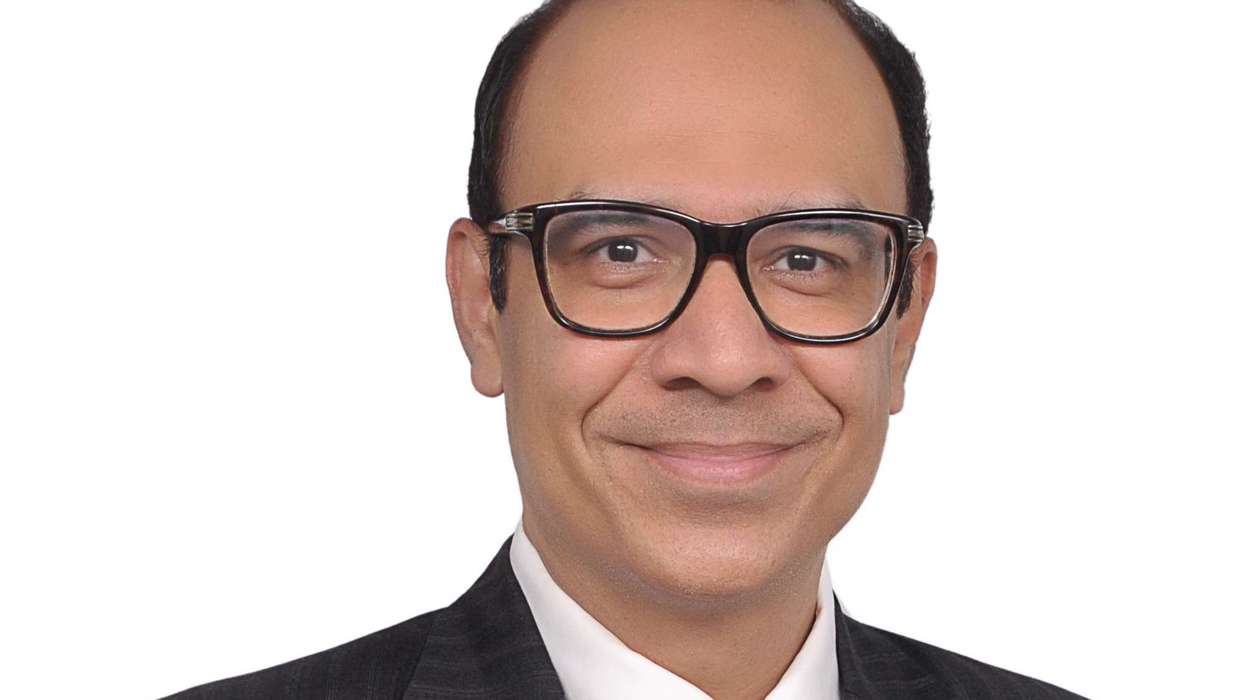Former Pakistan captain Inzamam-ul-Haq believes that Indian batsmen he played against, scored hundreds for themselves instead of the team while the players from his side were exactly the opposite.
Inzamam was speaking to Ramiz Raja on his YouTube channel, listing the major difference between the two teams during his playing days.
"When we played against India, their batting was more powerful than ours on paper. Even [though] our batsmen scored 30 or 40 runs, they were for the team. But for India, even if they scored 100 runs, they played for themselves," Inzamam said.
"So, that was the difference between the two sides," he added.
Inzamam made his debut under the 1992 World Cup-winning captain and current Pakistan prime minister Imran Khan and said the way he backed his players even when they were not performing, made him a respected leader.
"Imran was not a very technical captain, but he knew how to get the most out of his players. He backed the young players, he backed the players he believed in and this made him a great captain," said the 50-year-old, who scored more than 20,000 runs for Pakistan in his career.
"He would not drop any player if he failed in one series as he believed in giving the player a long rope and this the biggest reason why everyone in the side respected him so much."
During the 1992 World Cup campaign, Inzamam repaid the faith shown on him by scoring a whirlwind 60 off 37 balls against New Zealand in the semifinals.
In the final against England, he scored 42 runs off 35 balls.



